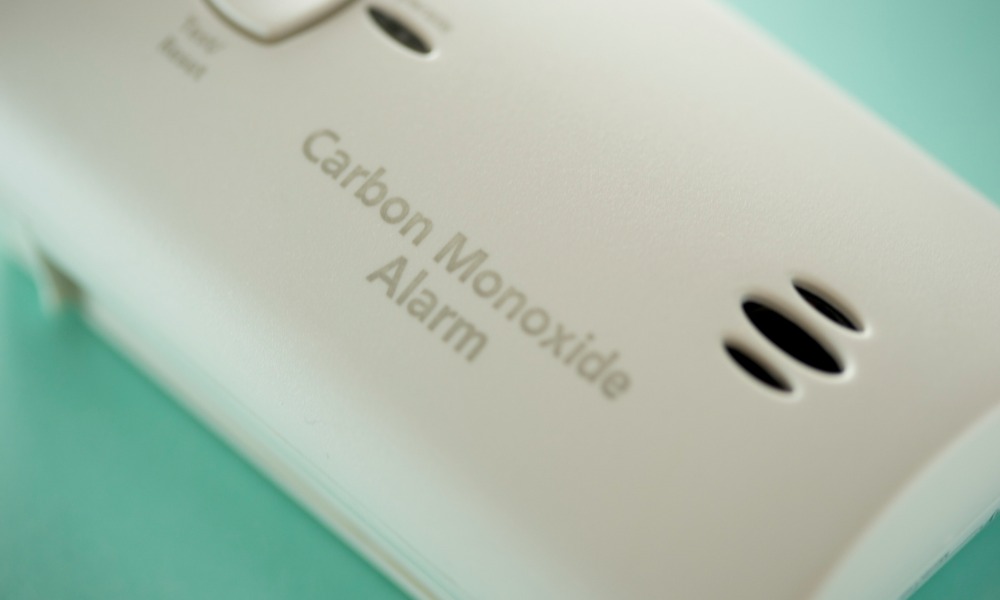New research has investigated the impact workplace bullying has on women – bizarrely it was found that women actually work harder after being harassed.
 New research has found women experience more rude and disrespectful behaviour in the workplace than their male counterparts – but they tolerate it by working harder.
New research has found women experience more rude and disrespectful behaviour in the workplace than their male counterparts – but they tolerate it by working harder.
According to a joint research project from Edith Cowan University (ECU) and the University of New England, in contrast, men who are treated rudely tended to react by taking longer breaks away from work and taking faux sick days.
The findings are from a study of 317 Australian white collar workers that examined workplace ‘incivility’ – namely, refusing to acknowledge co-workers, general gossip, rolling one’s eyes at co-workers’ suggestions, texting or emailing during meetings, making derogatory comments or insulting colleagues, making sexist remarks or giving unwanted sexual attention. According to ECU School of Psychology and Social Science Senior Lecturer Dr Jennifer Loh, while so-called ‘workplace incivility’ is considered a step down from bullying, the study shows it still has a significant impact on the office environment and productivity.
One possible reason for women’s reaction to incivility in the workplace was the importance women tended to place on a good personal and social relationship with colleagues, Dr Loh said. “Therefore, when they are faced with incivility in the workplace – and this would generally be over work issues – women are more likely to attempt to work harder with the aim to improve their work relationships,” she said.
The study confirmed that women are more likely to be targeted in workplace incivility, and this is partly due to gender inequality in the workplace, evident in the gender pay gap, and a lesser likelihood of advancing to a senior position.
Dr Poh also found that women tend to use more ‘passive’ coping strategies to deal with workplace incivility. Rather than pursuing punishment for their harasser, they were typically more interested in putting a stop to the undesirable behaviour itself. By contrast, men experiencing similar behaviour tend to either ignore their aggressor or retaliate by withdrawing from work.
Key HR takeaways
It is important for HR and leaders to acknowledge the existence of workplace incivility and put a stop to it before it escalates.
How can you recognize a withdrawal from work? The behaviour includes:
- Completing work assignments late
- Frequent/long coffee or lunch breaks
- Making excuses to get out of the office
- Arriving late for work; and
- Neglecting tasks not effecting evaluation or pay rises








